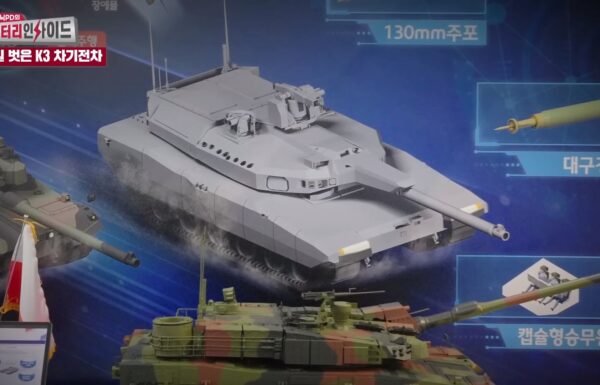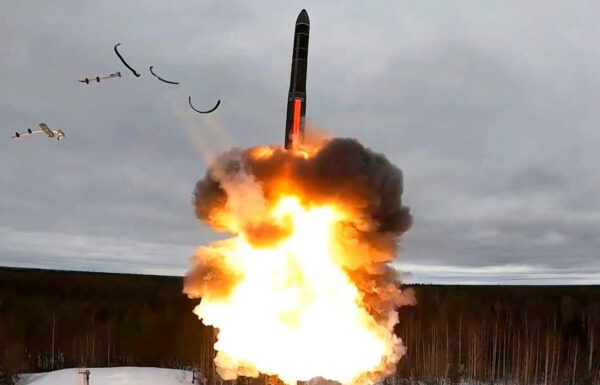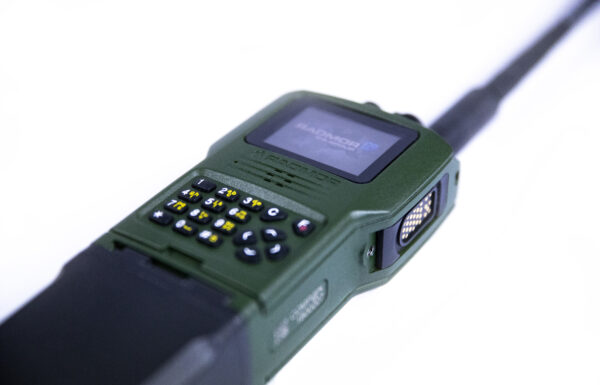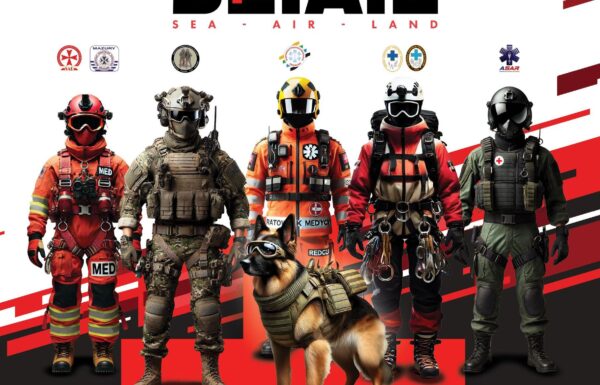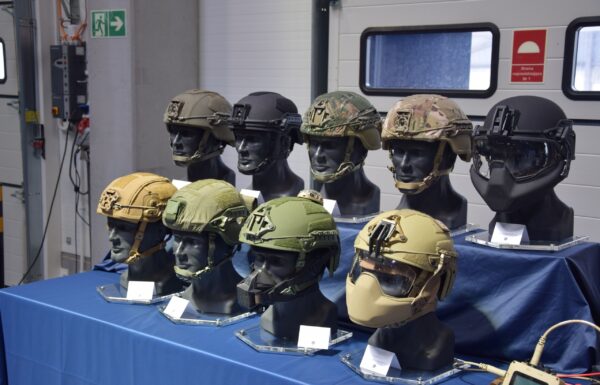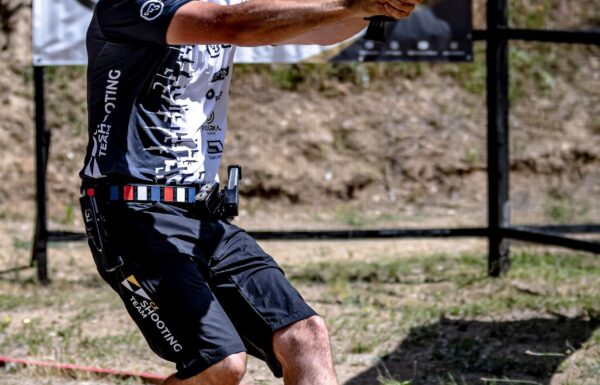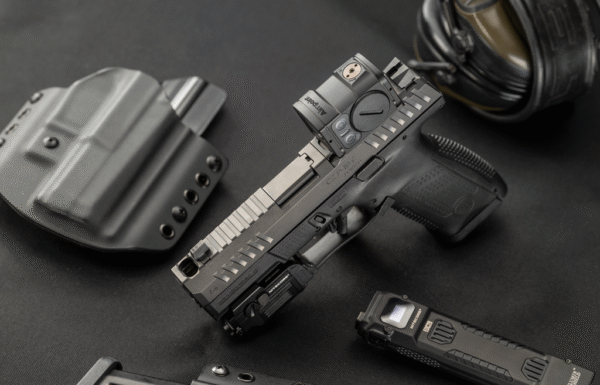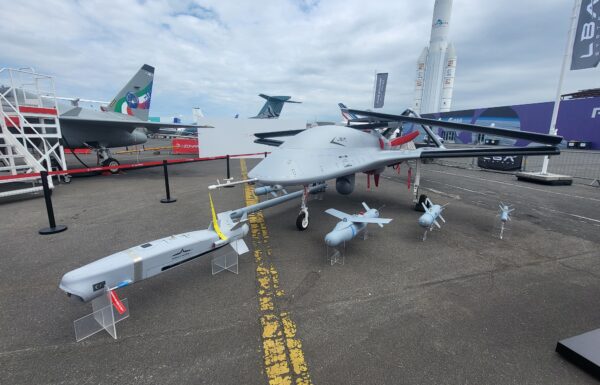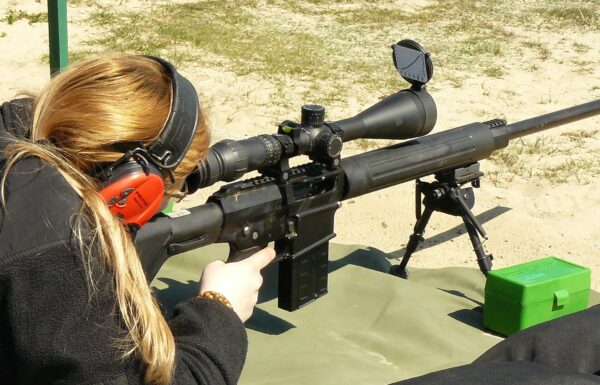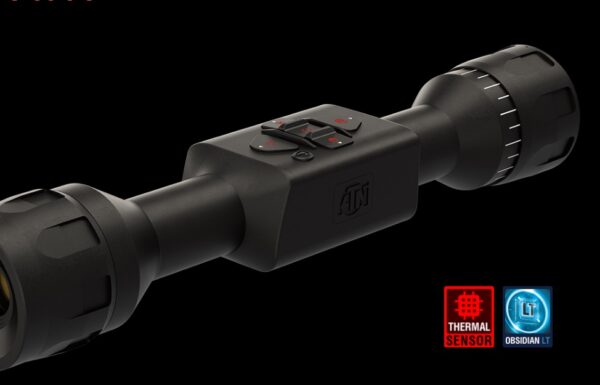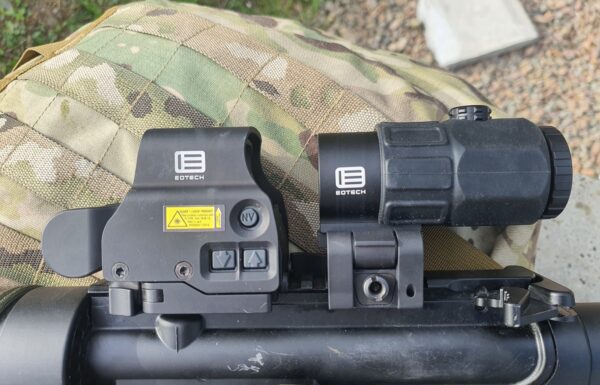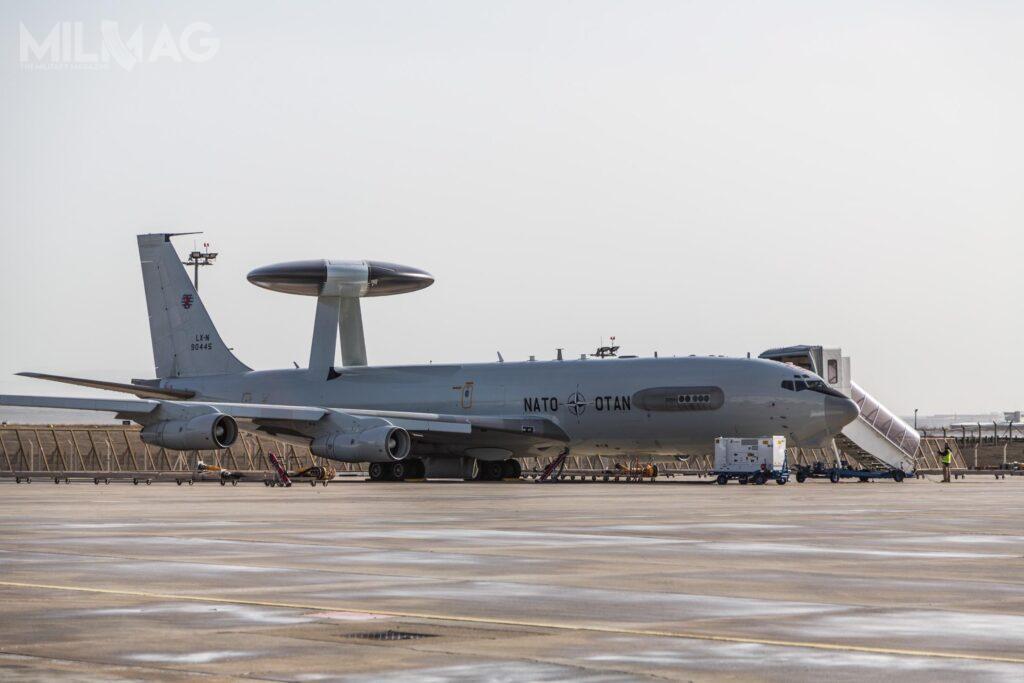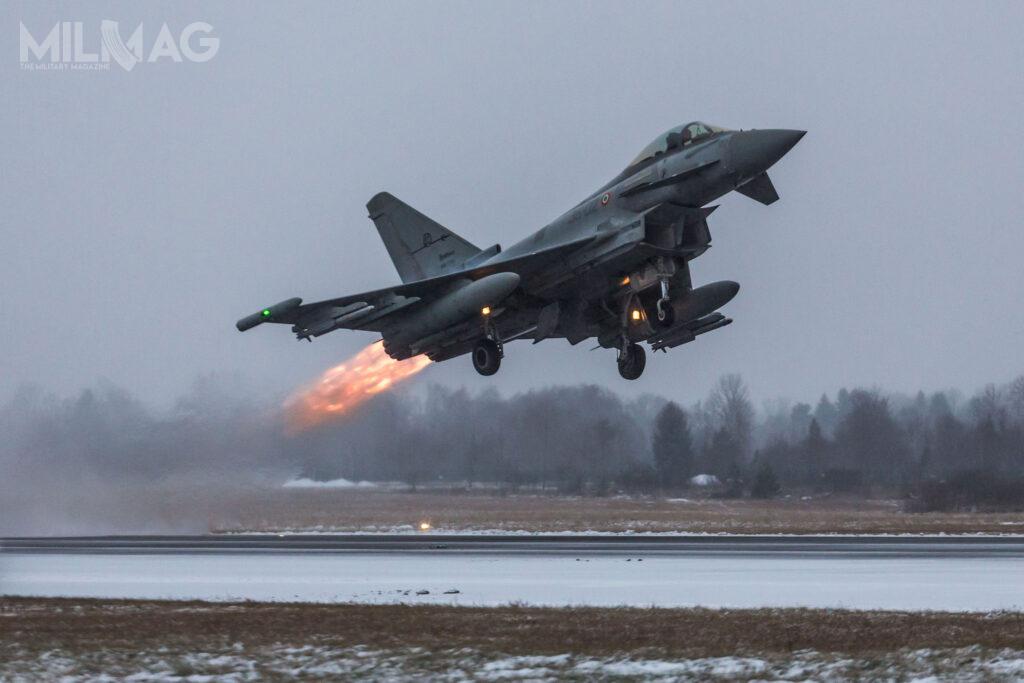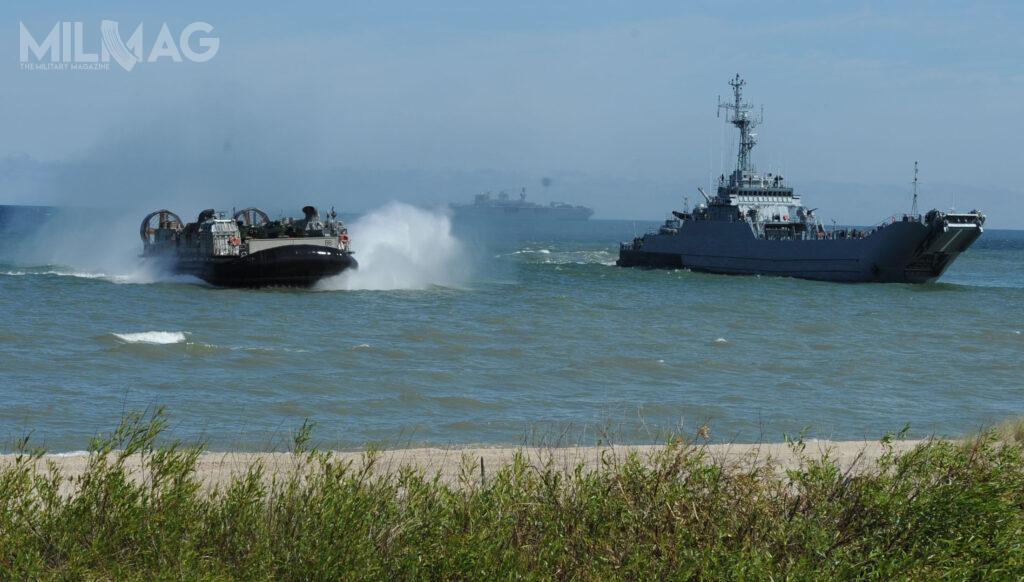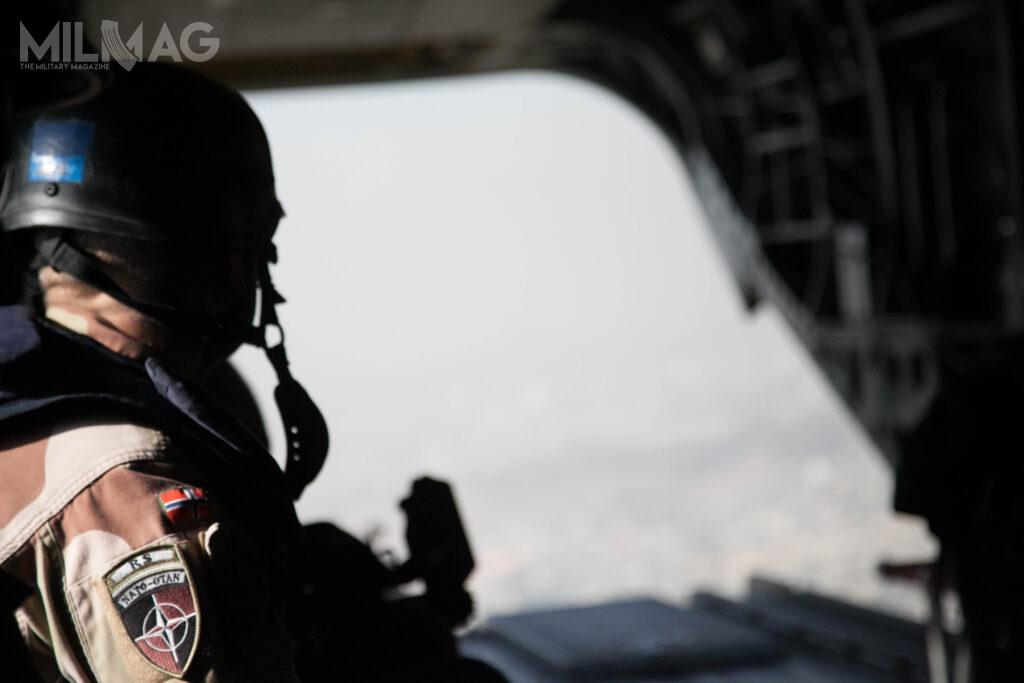Instead these small forces have focused for the last 25 years on sending small contingents to multinational expeditionary operations out-of-area. Third, the United States – which has been the ultimate guarantor of European military security for decades – has under the Trump administration threatened to go it alone if European states fail to meet their defence spending targets. And many European states – Germany included – will certainly miss this target. In sum, Europe as a whole lacks credible defence capability in a situation where relations between Russia and the West have become confrontational.
Peace dividend
Security situation in and around Europe has remained tense for years. As it turns out, Russia and the West have diverging notions about the rules of the international security game. For more than two decades after the end of the Cold War western notions of international security were based on a non-zero sum approach, combined with the policy of engagement and enlargement. During this time, NATO and the European Union expanded eastwards. At the same time, western notions of defence focused mostly on cutting the Cold War era military overweight, axing the number of troops and cashing in the peace dividend. Russia never followed suit. It still today sees security mostly in zero-sum terms, at least vis-à-vis much of the West. Countering or blocking western/American security initiatives has become a way for Russia to boost its international status and prestige – after the catastrophic experiences of internal turmoil and chaos it went through during the 1990s. Admittedly, Russia today is one of the key players in the field of global security – a condition that was hard to imagine during the Yeltsin Presidency during the 1990s.
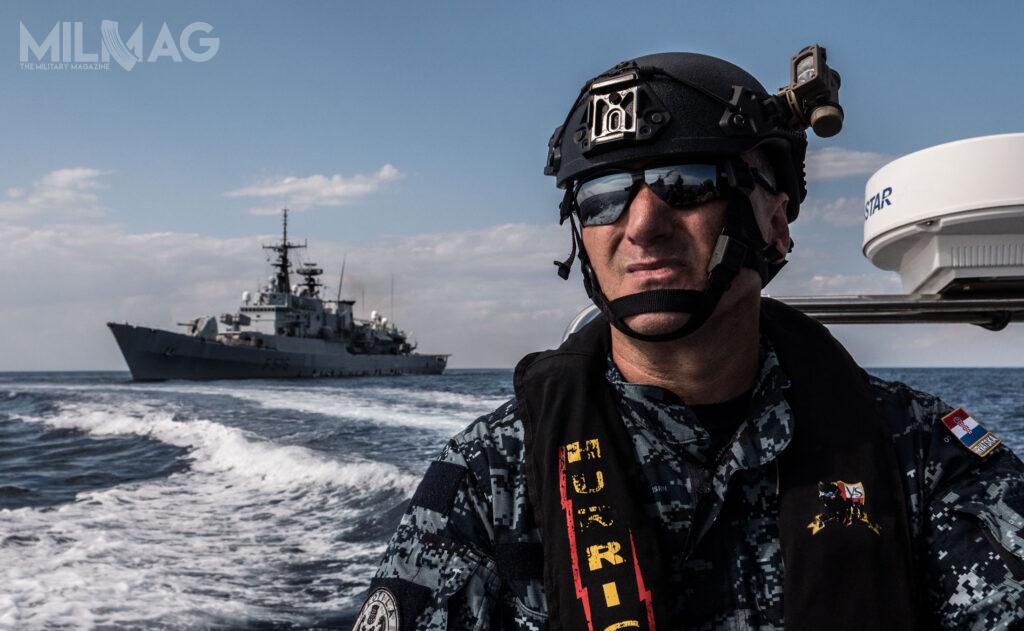 European naval forces are focused more on assymetrical threats such as illegal migration and piracy. Preperation for war scenario has a second priority
European naval forces are focused more on assymetrical threats such as illegal migration and piracy. Preperation for war scenario has a second priority
A willingness lost
During the post-Cold War era most Western – and thus most European – states have developed small all-volunteer forces and have focused on expeditionary military operations to perform so-called constabulary duties – weather in the name of military crisis management, humanitarian interventions, counter-terrorist operations or even counterinsurgency operations. In short, during the post-Cold War era, most European states have lost the willingness, capability and military ethos for traditional deterrence and the defence of national or alliance territory. And it has become apparent that in Europe there is not too much appetite for territorial defence – at least outside the so-called Eastern flank of NATO.
One part of the European military malaise has to do with the post-Cold War era hubris about a positive-sum globalizing international security order, where military threats to Europe were supposed to have vanished. For more than two decades, it was all about the so-called new threats somewhere out there. During this time – approximately between 1989/1991-2013 – Europeans outsourced their military security to the United States. Most European states lost the ability to conduct significant military operations by themselves – or even multinationally. Army corps, divisions and brigades were axed and mostly battalion-sized formations were left behind. For a while this was not a problem – as nothing was threatening Europe military-wise.
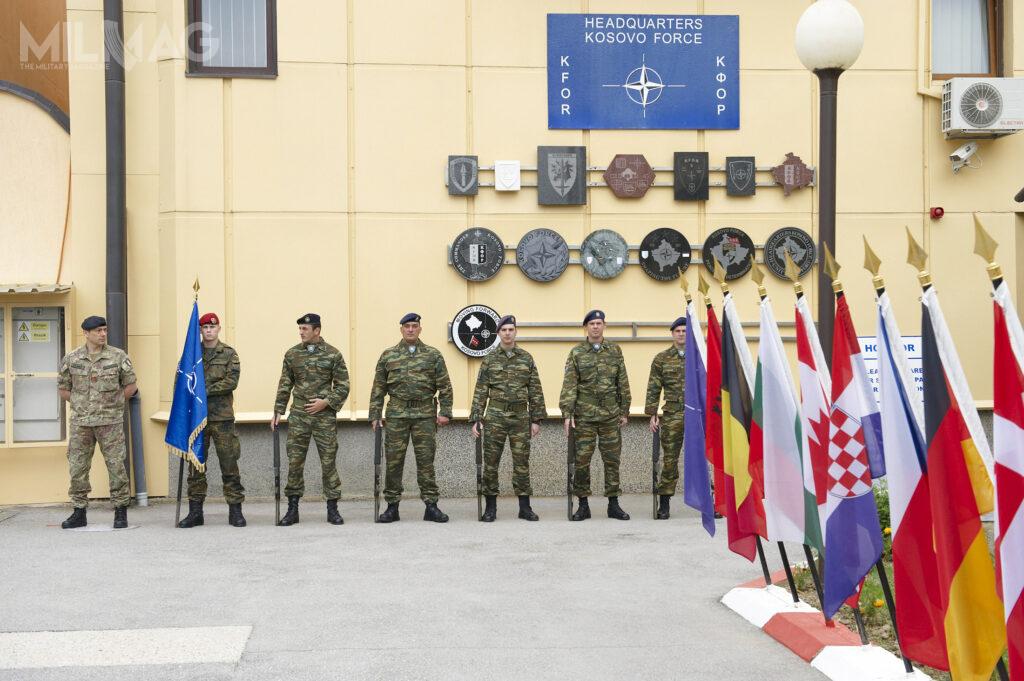 During last decades most European states have focused on expeditionary military operations to perform so-called constabulary duties
During last decades most European states have focused on expeditionary military operations to perform so-called constabulary duties
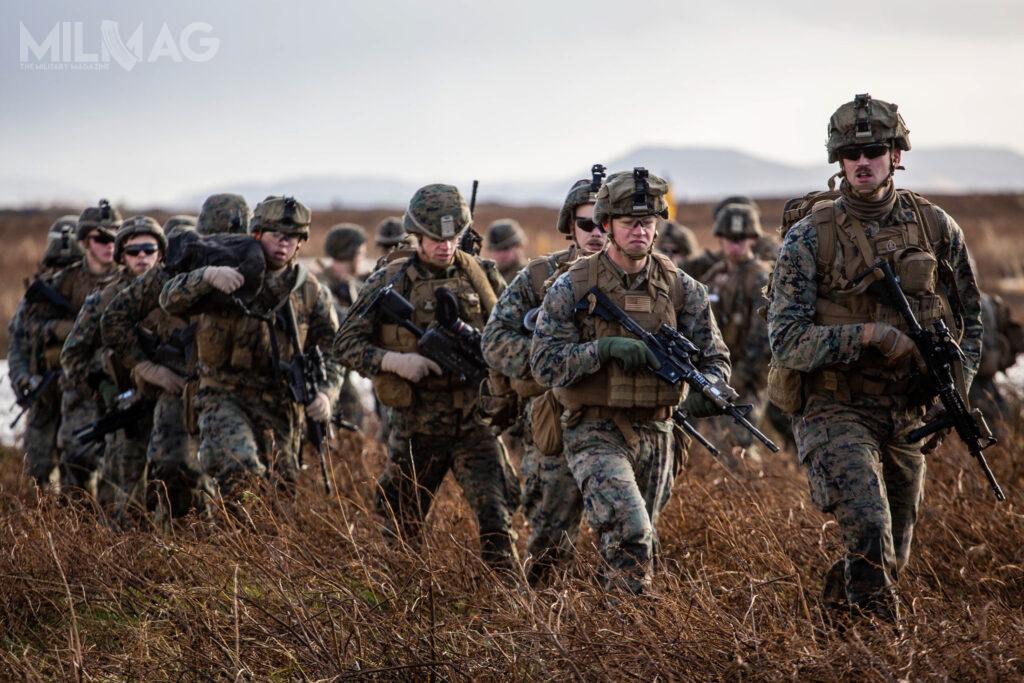 Europeans outsourced their military security to the United States. Most European states lost their ability to conduct significant military operations
Europeans outsourced their military security to the United States. Most European states lost their ability to conduct significant military operations
NATO’s E-3A Sentry AWACS s has flown over 1000 hours during operations to defeat ISIS in the Middle East
Devastating surprise
The problem for Europe has been the fact that the development of military capability is a long-term effort. One cannot get any new capabilities in a year or two. Rather, it takes at least a decade to boost one’s military capabilities when the need arises. Thus, after much of Europe had disarmed itself in the 1990s and the following decade, Russia’s actions in Ukraine 2014 were a surprise – and a devastating one. There was little military capability left in Europe to counter such actions, should they someday become directed against Europe proper. NATO had shed its skin and had become a forum for generating troops for crisis management and counterinsurgency operations. Participating nations had learnt to send mostly token contributions – to get the national flag into the operation troop placemat. Participation was more important that success in these operations.
Russia’s actions of 2014 Ukraine were a surprise for Europeans. New type of conflict forced a debate about NATO’s future development / Photo: Digital Globe via NATO HQ
Baltic air policing is NATO’s joint mission to guard the airspace over the Baltic States of Estonia, Latvia and Lithuania
The Trump-effect
The political tsunami called Donald Trump has had its influence on American and global affairs for two years now. During that time, many features related to the institution of the President of the United States have been redefined – or at least they have been reinterpreted. In addition, relations between the United States and its allies in Europe and Asia have become strained. How long this Trump-effect will last and what form it will eventually get, is an open question. This should worry many European states today. After all, much of the deterrence-factor related to NATO is based on the military capabilities of the United States, and on the expectation that they would be available for the defence of Europe – if needed. Now, after two years of the Trump Presidency, the level of US commitment to European security is becoming fuzzier than ever.
It is not only about James Mattis resigning from the post of the Secretary of Defense of the United States on 31 December 2018. Mattis’ resignation was a symptom of a broader trend, namely president Trump actually starting to implement his defence agenda that has been defined during the last few years. The withdrawal from Syria – and in part from Afghanistan – are at the core of this agenda. It is noteworthy, though, that some aspects of president Trump’s agenda – related to the unwillingness of European states to spend money on defense – were not that unfamiliar to the Barack Obama or George W. Bush administrations. As Secretary Robert Gates noted in 2011, there will be dwindling appetite and patience in the United States Congress — and in the American body politic writ large — to expend increasingly precious funds on behalf of nations that are apparently unwilling to devote the necessary resources or make the necessary changes to be serious and capable partners in their own defense.
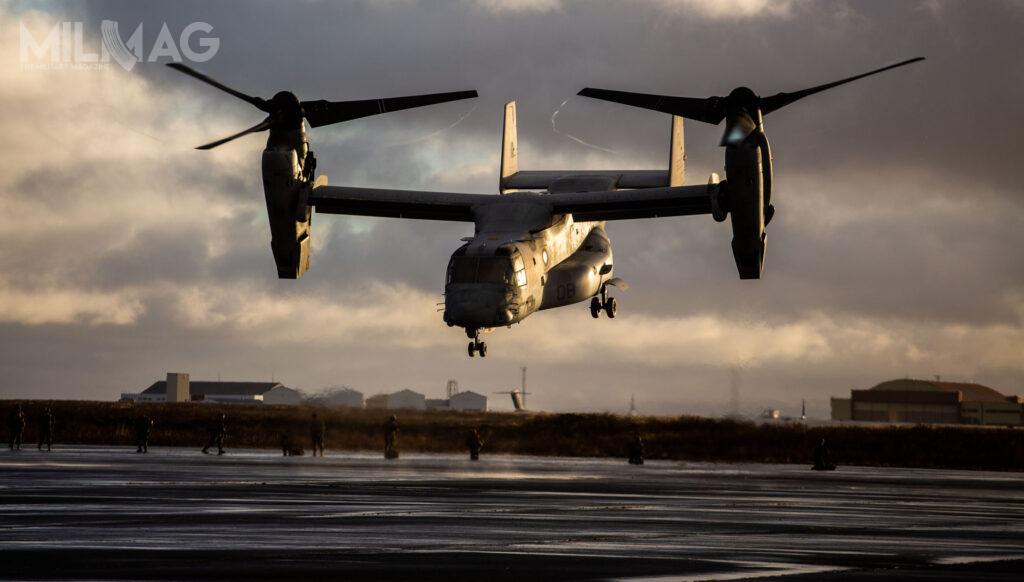 There is still a large financial and technological gap between Europe and USA. After Donald Trump’s European tournee in 2018 NATO needs to find new resources to maintain balance between member states
There is still a large financial and technological gap between Europe and USA. After Donald Trump’s European tournee in 2018 NATO needs to find new resources to maintain balance between member states
Today the deterrence-factor related to NATO is mostly based on the military capabilities of the United States
Awakening Europe
Today the million dollar question for the Europeans is how much President Trump in 2019 shares the ideas of Mr. Trump in 2016. Back then Donald Trump noted that let me tell you, NATO is obsolete. We’re spending billions and billions of dollars on NATO. If president Trump’s policies on Syria and Afghanistan are a signpost of a new American approach to defence, those European states that have based their military security on the capabilities of the United States Armed Forces should worry. Uncle Sam might not be as willing as before to pay for European defence.
This should not come as a surprise. In the end, it is primarily up to the Europeans to finance their own defence. And the only way to do this is for all European states to start developing more military capabilities for deterrence and territorial defence. If there is any lesson to be learned from the post-Cold War era, it is that most expeditionary military operations have actually reduced – not increased – security in Europe. While military cooperation in Europe and with the United States is a positive thing, it is ultimately national military capabilities that are the bedrock of military defence in Europe. Cooperation can only work between states that have real defence capability.
Lt. Col. Jyri Raitasalo is military professor of war studies at the Finnish National Defence University. The views expressed here are his own.
 Since Baltic region becomes crucial point for European security, cooperation between NATO and its Scandinavian partners seems to be a corner stone of Alliance northern flank . However, cooperation can only work between states that have real defence capability
Since Baltic region becomes crucial point for European security, cooperation between NATO and its Scandinavian partners seems to be a corner stone of Alliance northern flank . However, cooperation can only work between states that have real defence capability
In the Afghanistan NATO conducted the most complex, full-scale combat operation in post-Cold War era
Article previously published on MILMAG 01/2019



